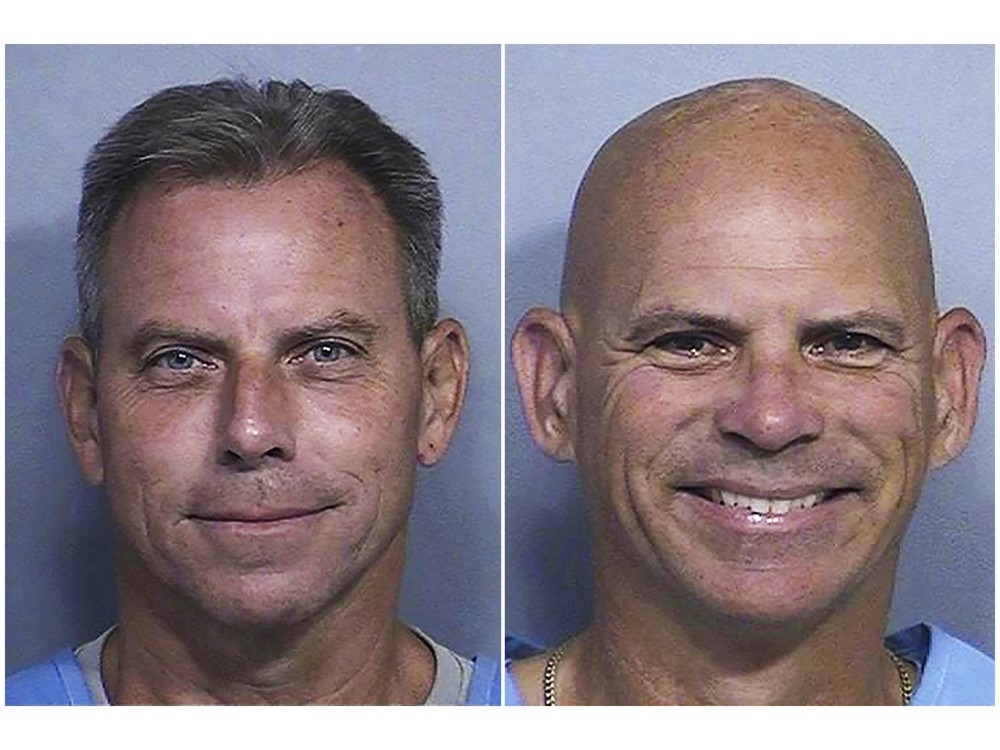The Menendez brothers, Erik and Lyle, are facing a critical resentencing hearing starting May 13, 2025, in Los Angeles after serving 35 years for the 1989 murders of their parents. The two-day hearing at the Van Nuys Courthouse will evaluate whether their life sentences should be reduced, potentially making them eligible for release. The case has attracted significant attention amid arguments over the brothers’ rehabilitation, legal technicalities including California’s youthful offender law, and differing positions from prosecutors and former officials.
Background of the Case
Erik and Lyle Menendez were convicted in 1996 for the brutal 1989 murders of their wealthy parents, Jose and Kitty Menendez, in their Beverly Hills home. The brothers claimed self-defense, alleging years of abuse, but were ultimately found guilty of first-degree murder and sentenced to life in prison without the possibility of parole. The case garnered extensive media coverage and public interest due to the sensational nature of the crime and the brothers’ high-profile defense.
Details of the Resentencing Hearing
The resentencing hearing, commencing May 13, 2025, will take place over two days at the Van Nuys Courthouse in Los Angeles. It aims to determine whether the Menendez brothers’ life sentences should be reevaluated in light of changes in the law, particularly California’s youthful offender law, which permits parole consideration for certain offenders who were young at the time of their crimes. Legal representatives for the brothers argue that they have demonstrated rehabilitation during their three and a half decades in prison, and thus merit a reduction in their sentences.
Arguments from Prosecution and Defense
Prosecutors assert that the severity of the crime and the premeditation involved justify maintaining the original life sentences. They emphasize the loss suffered by the victims’ family and the public interest in upholding the sentences as a deterrent. Conversely, the defense stresses the brothers’ youth at the time of the offense and cites psychological evaluations indicating possible mitigating factors, including the impact of past abuse. They also reference recent legal precedents that have favored resentencing in comparable cases under the youthful offender statutes.
Perspectives from Legal Experts and Former Officials
The hearing has attracted commentary from legal analysts and former law enforcement officials. Some experts highlight the complexity of balancing justice for the victims with modern considerations of rehabilitation and evolving sentencing laws. Former prosecutors involved in the original trial have expressed mixed views, with some supporting the original ruling and others acknowledging that changes in legal standards warrant reconsideration. The hearing is expected to set an important precedent in California jurisprudence related to long-term incarceration of youthful offenders.
Implications and Next Steps
The court’s decision following the conclusion of the resentencing hearing will determine the future of the Menendez brothers. If their sentences are reduced, they may become eligible for parole, shifting the focus to parole board evaluations and possible reintegration into society. If the court upholds the original sentences, the brothers will continue serving their life terms without parole. The outcome will be closely monitored by criminal justice reform advocates, legal communities, and the public, given the high-profile nature of the case and its broader implications for sentencing laws.
As the resentencing hearing for Erik and Lyle Menendez unfolds, the court faces the challenging task of reconciling longstanding legal judgments with contemporary perspectives on justice and rehabilitation. The outcome will not only influence the future of the Menendez brothers but also bear significance for the application of youthful offender laws in California. Stakeholders from the legal profession to the public await the decision, recognizing its potential impact on sentencing practices and the broader conversation about crime, punishment, and redemption.

